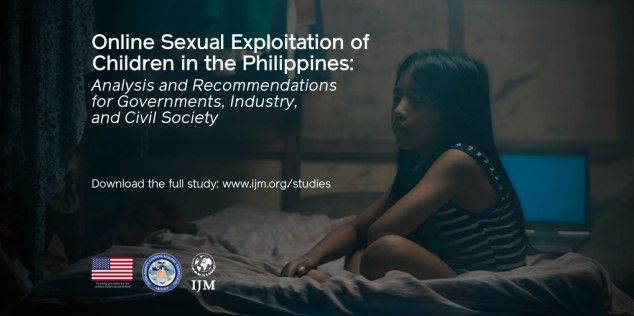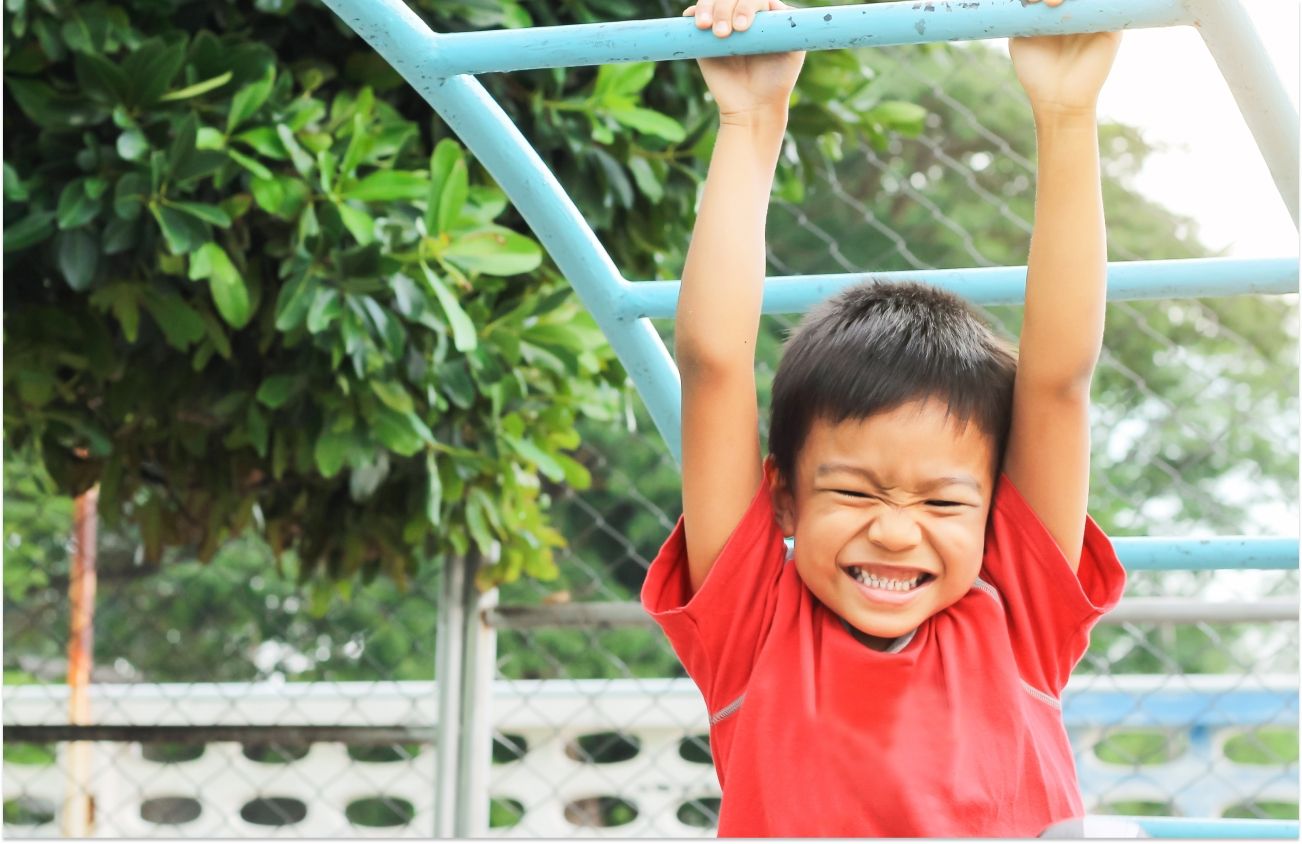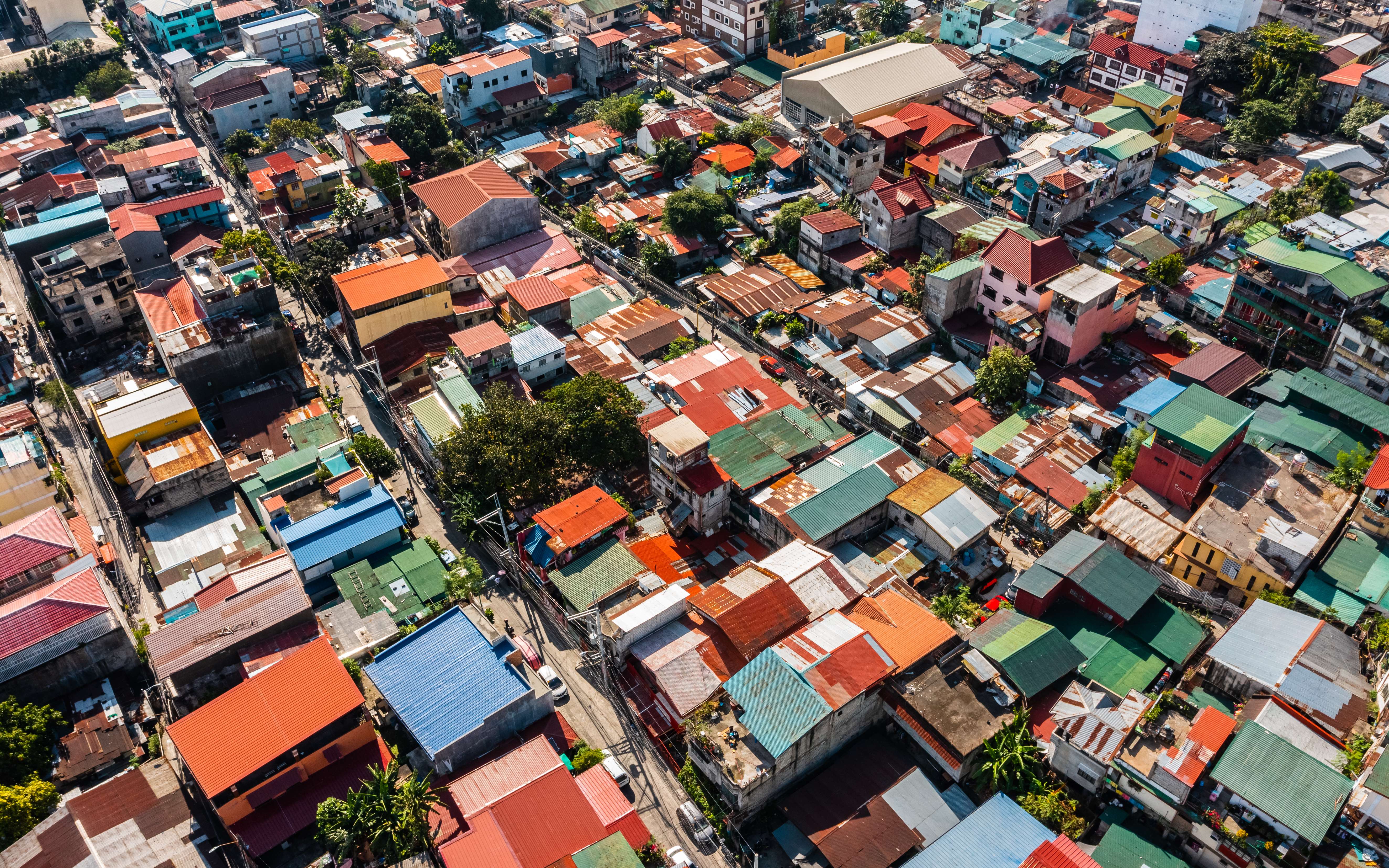
The Philippines’ Inter-Agency Council Against Trafficking (IACAT) is pleased to announce the upcoming release of a ground-breaking study on the online sexual exploitation of children (OSEC) in the Philippines. The results of the study, titled “Online Sexual Exploitation of Children in the Philippines: Analysis and Recommendations for Governments, Industry and Civil Society,” will be presented during a global webinar for invited policymakers and practitioners on May 21, 2020 (Philippine Time). It will also be uploaded on the website (https://www.ijm.org/studies) of the International Justice Mission (IJM) on May 21, 2020 at 9:31 a.m. (Philippine Time).
As we cope with the effects of the coronavirus 2019 (COVID-19) pandemic, we at IACAT would like to remind everyone to remain vigilant against OSEC. With more people around the world staying at home as part of community quarantines and physical distancing guidelines, the demand for child sexual exploitation materials (CSEM) could increase. Online sex traffickers in supply countries like the Philippines also have greater access to children now, with schools and other learning centers temporarily closed.
It is our hope that the release of this study will remind us that our children should be protected not only from the coronavirus, but also from online sex offenders and traffickers.
This study was led by the IJM, in partnership with the Philippine Government, the National Center for Missing and Exploited Children (NCMEC), and a variety of stakeholders, under the U.S. – Philippines Child Protection Compact (CPC) Partnership between the U.S. Department of State Office to Monitor and Combat Trafficking in Persons and the Government of the Philippines. Also involved in the study were various law enforcement agencies and related institutions from different countries – making this study the only one of its kind in the subject area of OSEC.
The study explored the nature and scale of internet-based child sexual exploitation (CSE) and OSEC in the Philippines; and examined the Philippines as a global hotspot for this crime. The data presented and analyzed will help inform our decisions as we sustain and enhance existing measures and develop new solutions in order to accelerate the movement against OSEC in the Philippines and around the globe. We also look forward to working closely with our allies in this fight as we design our next steps based on the study’s recommendations.
Emmeline Aglipay-Villar Undersecretary-in-Charge Inter-Agency Council Against Trafficking, Philippines’ Department of Justice












